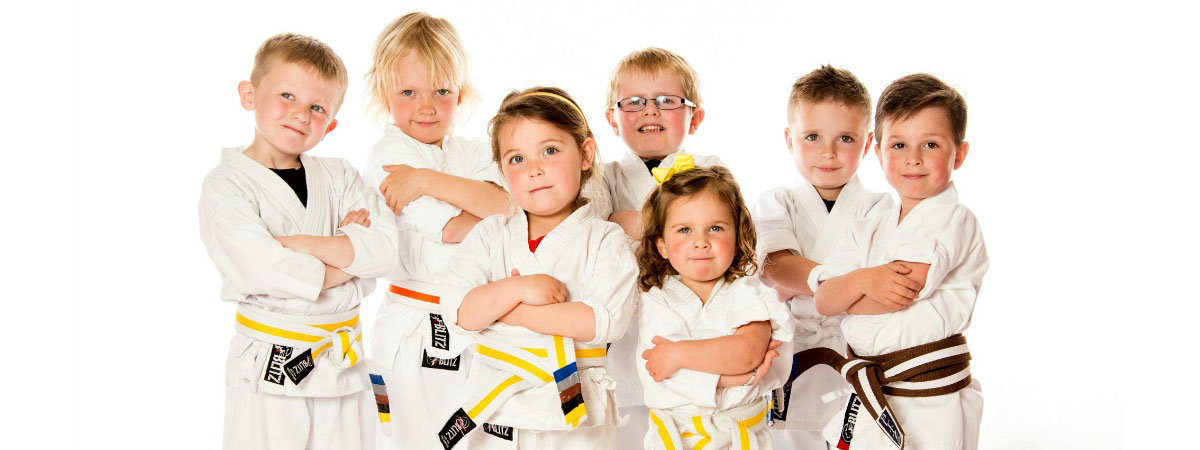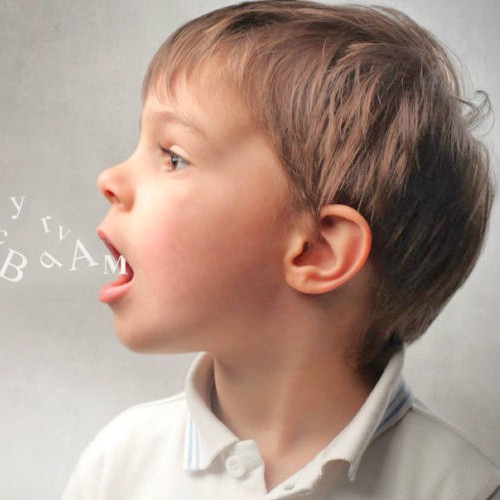

I am a phonoaudiologist and a judo teacher. I study and I deal with the aspects related to human communication. I work daily with children who have learning, behavior and language disorders, both in the clinical and on the tatami.
Based on the understanding that human abilities are complex, diversified and interlinked, I am used to suggest judo to my patients as a coadjutant resource to phonoaudiologic treatment.
The connections between language/communication and judo are in fact extremely relevant, given that judo, just as conceived by its founder - prof. Jigoro Kano - represents an instrument and a method for the holistic development of the human being.
Training the body, through judo, also means training the different cognitive and emotional skills capable of exerting a great influence on the development of the child.
In this framework, the prof. Kano aspired to devote himself to the research and application of the principles of judo in all fields of behavior, including language and the importance of the development of communication skills.
In fact, language and communication are not dissociated from the neurobiological apparatus, cognitive abilities and emotional capacities of the individual.
Often, children diagnosed with speech disorders may have one or more observable features within the tatami - such as low self-esteem, lack of empathy, attention deficit, rigid thought patterns, difficulty in making decisions, adjusting their own emotions and / or controlling frustration - which can significantly affect the ability to express yourself verbally, to initiate and maintain a dialogue, to change speakers during a conversation.
Indeed, communication skills are not limited to the transmission and comprehension of words and phrases, but also depend on extralinguistic information and a process of democratic exchange that is built between the interlocutors.
Appropriate self-esteem is necessary so that one can evaluate one's own opinion and be encouraged to express ideas and emotions.
Empathy is the basis of respect for the different visions.
Determination and adaptability are conditions that allow to reformulate a speech when we realize that the intention we wanted to express is not communicated or understood correctly.
By following up on my patients in my dojo, I have had the opportunity to observe that through physical, intellectual and moral training, promoted by the practice and philosophy of judo, my patients have reached significant progress in the development of their cognitive and emotional abilities related to language.
Children with attention deficits start channeling their energy and perceiving correctly contextual and situational clues, adapting expression with respect to desire and intention.
Insecure children start believing in their capacity to overcome their insecurity.
Children with difficulties to deal with their frustrations become persistent.
Children who avoid physical and/or visual contact accept to train with different partners and start controlling their eye contact.
Children who lack empathy develop the capacity to put themselves in other people’s perspective.
Children also transfer their experience lived out in dojo to all other aspects of their lives, including communicative interactions.
All these new experiences and skills acquired on the tatami are then systematically transferred to other aspects of their lives, including communication interactions.
As a result, we can observe that these children, who before seemed uncomfortable, frightened, subdued or indifferent to verbal interaction, start to progressively develop and express their ideas, wishes and feelings. They enlarge their knowledge, promote actions, and make their relationships closer through verbal language. Eventually, they become more apt to overcome the challenges of this present age.
I believe all of us have been born to overcome and that we can become the best version of ourselves. In the clinic or in the dojo, my goal is the same: to collaborate to the development of healthy children, connected to their purpose, motivated and enabled to change the world!
Dr. Patricia Amaral
Speech language therapist São Paulo, SP – Brazil
Researcher: judo’s contributions to the integral development of children with communication and learning disorders